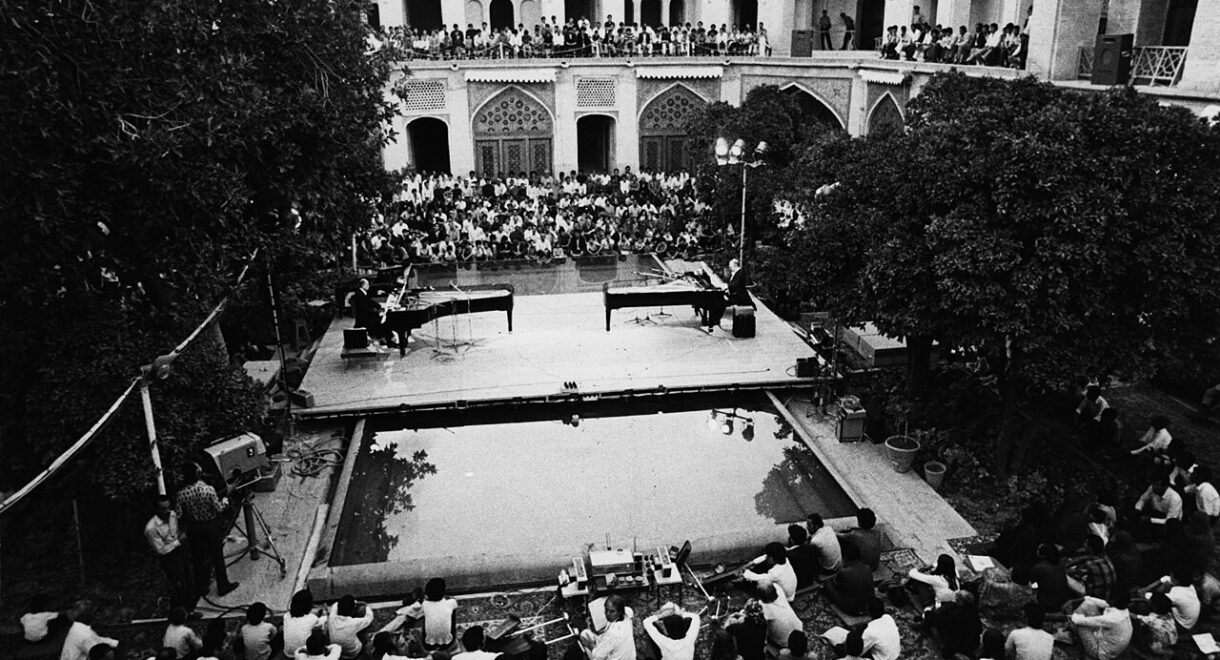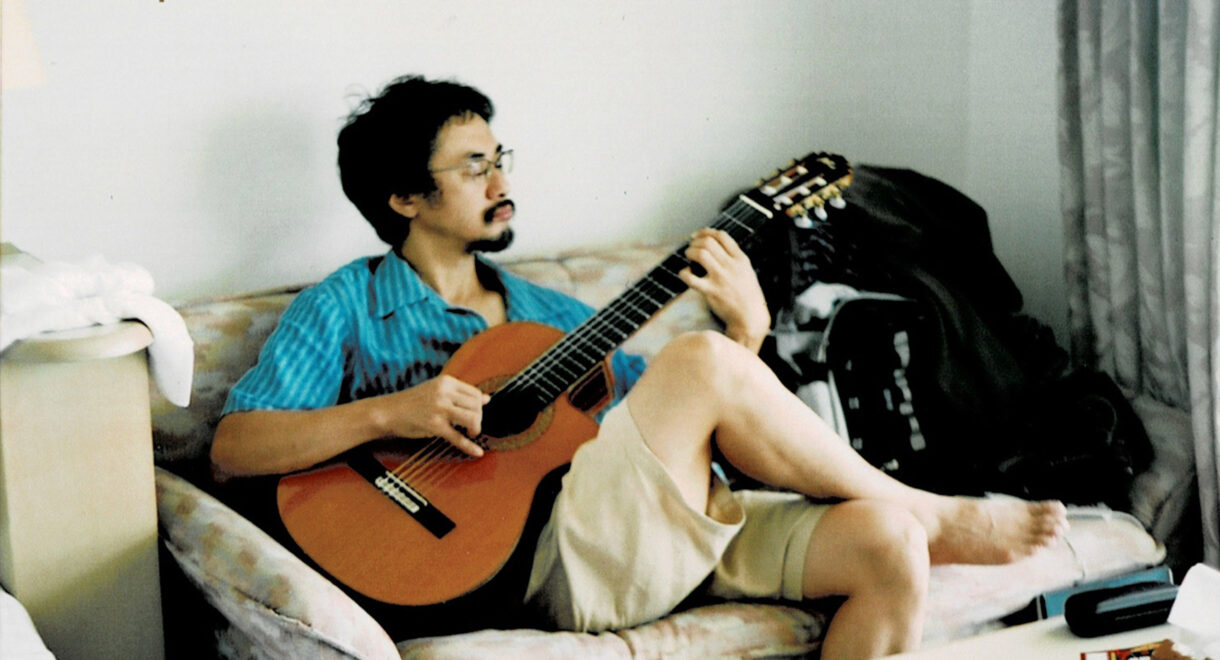Anthology Of Persian Experimental Music is now available on Bandcamp as a pay-what-you-want download. When Italian curator Raffaele Pezzella began researching experimental music scenes for his label Unexplained Sounds Group, […]
Sounds of Taiwan: A Love Letter to Taiwan through the Field Recordings of Lim Giong

Angie QQ, No Translation, Jieh, CFCF, and others share reflections on Sounds of Taiwan, an eco-musical project originating from Lim Giong’s personal field recording archive.
Much more than just sonic artifacts, field recordings have the ability to preserve and even conjure memories and atmospheres. A conversation between old friends, the warmth of a bustling night market, a mesmerizing street performance, an entire world of movement and sound can be captured in a single field recording. As living documents, field recordings can also preserve sounds that might soon be forgotten, bringing people, places, and cultures to generations of future listeners.
Taiwanese-American label Pure Person Press’ latest release Sounds of Taiwan explores the intimate beauty of field recording through the lens of Taiwanese electronic composer Lim Giong. One of Taiwan’s most influential cultural figures, Giong is most known globally for the soundtrack of Hou Hsiao-Hsien’s neon-drenched cult classic Millennium Mambo, though his work extends well beyond film. He was the first pop star to sing in the Taiwanese dialect, and later became a leading figure of Taiwan’s techno and experimental electronic scenes. Giong was also a meticulous documenter of sound and captured thousands of field recordings across the island, which can be heard nestled within his cinematic electronic compositions on his albums Insects Awaken 驚蟄 and The Realm of Otherness 别境.
Sounds of Taiwan opens with “Family Time,” an ambient composition from Giong featuring the sound of his family, their coffee cups clinking as they discuss the soft mundanities of life. The collection also includes new works from artists reinterpreting Giong’s field recordings including Taiwanese artists Point Hsu and Minyen Hsieh, along with American artists No Translation, Jieh, Tsung + Ray, and CFCF. The deeply personal collection, described as an eco-musical project, draws from decades of sonic memories and offers an intimate portrait of Taiwan’s people, landscapes, and spirituality.
On November 7th, In Sheep’s Clothing and Pure Person Press invite listeners to experience Sounds of Taiwan in-person at the JACCC hidden garden in Little Tokyo. The event will feature a dedicated listening of the album followed by a live performance from No Translation, a Taiwanese American artist featured on the album, and an All-Taiwanese Vinyl DJ Set from Pure Person Press’ Angie QQ. Tickets are available now.
Below, we asked Pure Person Press’ Angie QQ and the artists involved with the project to share how Lim Giong has influenced or inspired their work, and how they approached their original compositions on Sounds of Taiwan.

Pure Person Press’ Angie Lin shared this message about the project:
“In 2020, while living in the quiet suburbs of Pasadena, I began to miss the everyday sounds of Taiwan deeply. On a whim, I reached out to Lim Giong to see if he might share some of his field recordings. I didn’t expect much, but to my surprise, he sent back a massive folder of meticulously documented sounds of Taiwan: the pulse of prayers, the sway of trees, the laughter of children… In the kitchen of my tiny apartment, as sound after sound of Taiwan filled the room, I was able to exist in both Taiwan and America at once.
From that afternoon, the seed for Sounds of Taiwan was planted. Five years later, the tree has finally grown. The cover photograph, by the legendary Chang Chao-Tang, shows a young child standing beside a tree. In Taiwan’s increasingly uncertain future, this record serves as a musical archive of Taiwan’s spirit for future generations.”
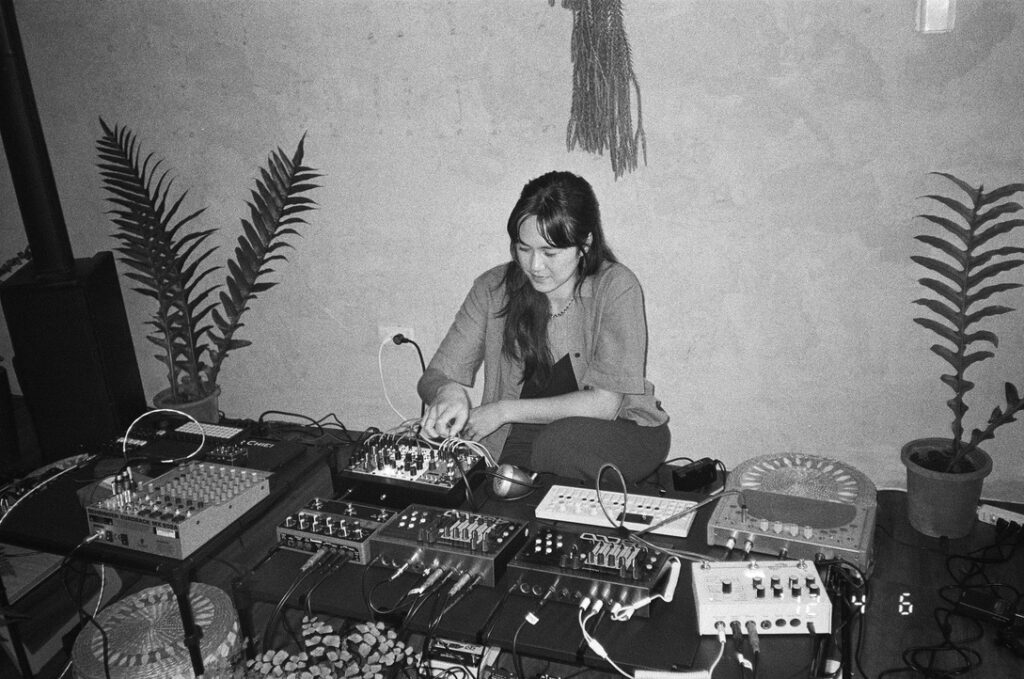
No Translation – 白沙屯媽祖到西螺大橋 (Baishatun Mazu to Xiluo Bridge)
“When I saw the selection of field recordings from Lim Giong, without even listening to it yet, I immediately knew I wanted to use the Mazu recording. At the time of creating this track, it had been about 5 years since I went to Taiwan, the longest gap of time I’ve had between visits. I was familiarizing myself with Taiwan’s gods and deities since I’d been to many temples there with my family in my youth, praying to gods I didn’t really know. I felt a fascination with Mazu when I learned more of her story. Lim Giong’s recording gave me a deeper understanding of her importance in Taiwan and the way people celebrate her.”
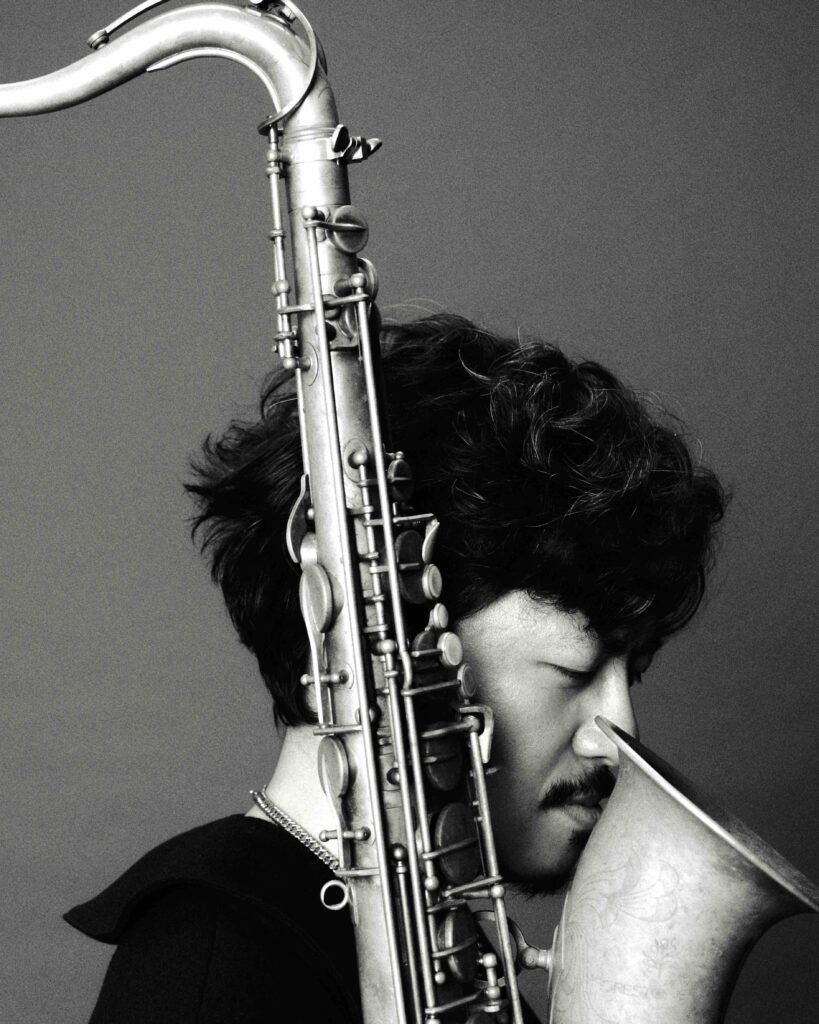
Minyen Hsieh 謝明諺 – 麻豆糖廠の木洩れ日 (Komorebi at Madou Sugar Factory)
- Lim’s electronic works have always embodied a quiet sense of Zen —
- a clarity that flows through every phrase,
- whether serene and gentle, or pulsing with groove.
- For this piece, I was drawn to the image of a sugarcane field.
- It instantly awakened a scene in my mind:
- a lazy afternoon, a few friends resting beneath an old tree,
- sunlight filtering through the leaves — the essence of Komorebi,
- the Japanese word for “light that passes through trees.”
- The music features only a soprano saxophone and a keyboard,
- both performed by myself.
- I chose to stay within a peaceful, diatonic space,
- letting the sound breathe and decay naturally —
- beginning with the faint creak of a chair,
- and ending as both instruments quietly fade into air.
- Together, these elements evoke a cinematic sense of memory —
- a moment suspended between the visual and the auditory,
- a brief return to something timeless.
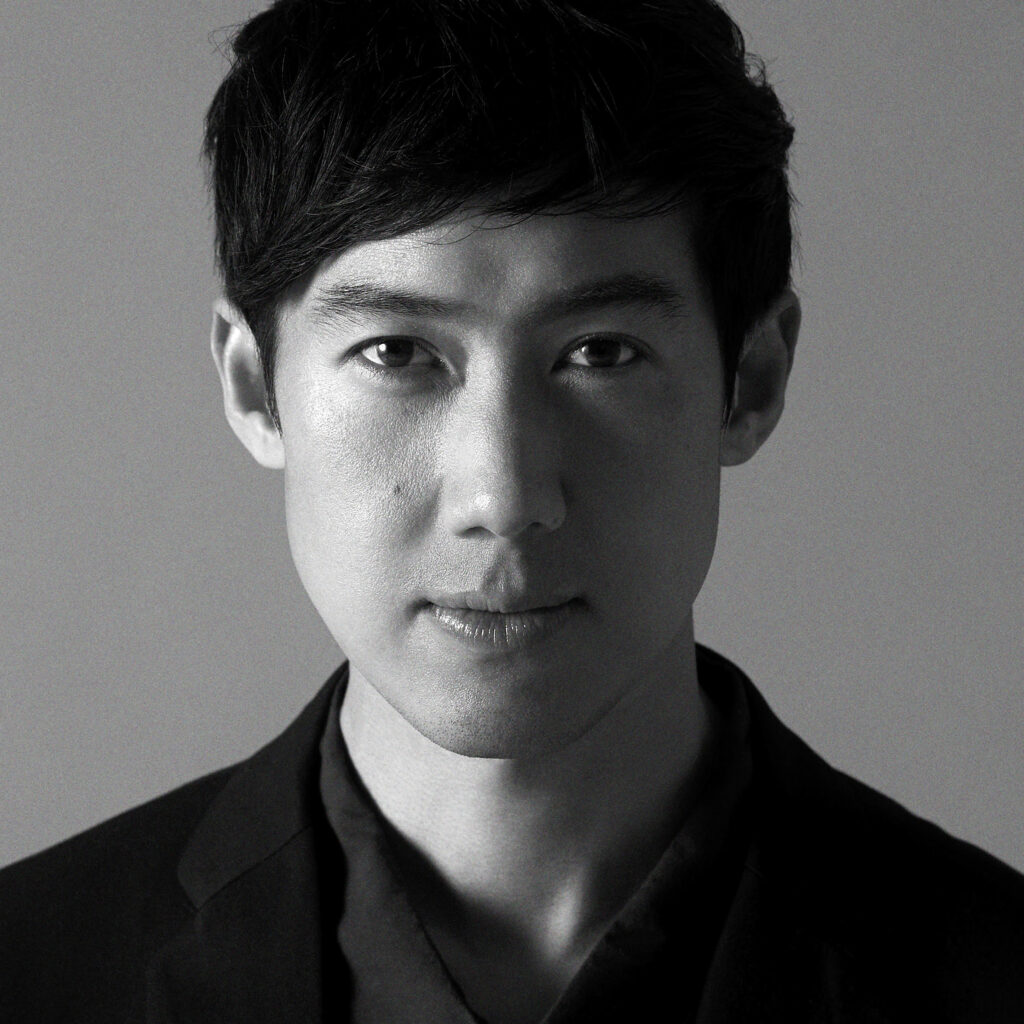
Tsung + Ray – 苗栗縣 泰安鄉 烏嘎彥 竹林 (Miaoli County Tai’an Township Wugayan Bamboo Forest)
John Tsung: “Lim Giong’s music had imprinted on me before I knew who he was. I grew up bouncing around the world, kindergarten in Hong Kong, elementary in Taipei, before moving to the States. And movies like Goodbye, South, Goodbye, Millennium Mambo (that opening scene!,) and later, The World and 24 City, were a way to see a parallel world that my family and I left. Lim Giong’s music, his fluency weaving many dialects of music and techniques together left an indelible mark on me–on how to collage found sounds and ambient and punk to create a kind of dreamlike, uniquely Lim Giong voice, which somehow works with directors as different as Jia Zhangke and Hou Hsiao-Hsien. For my contribution, Mialoi County, I wanted to recreate that feeling of dreaming that I get when I hear Lim’s work as a thank you. Like walking at 3am through a forest, with a little bit of sentimentality, maybe, for a place I’ve never been, and with Ray Suen’s gorgeous pedal steel sliding throughout.”
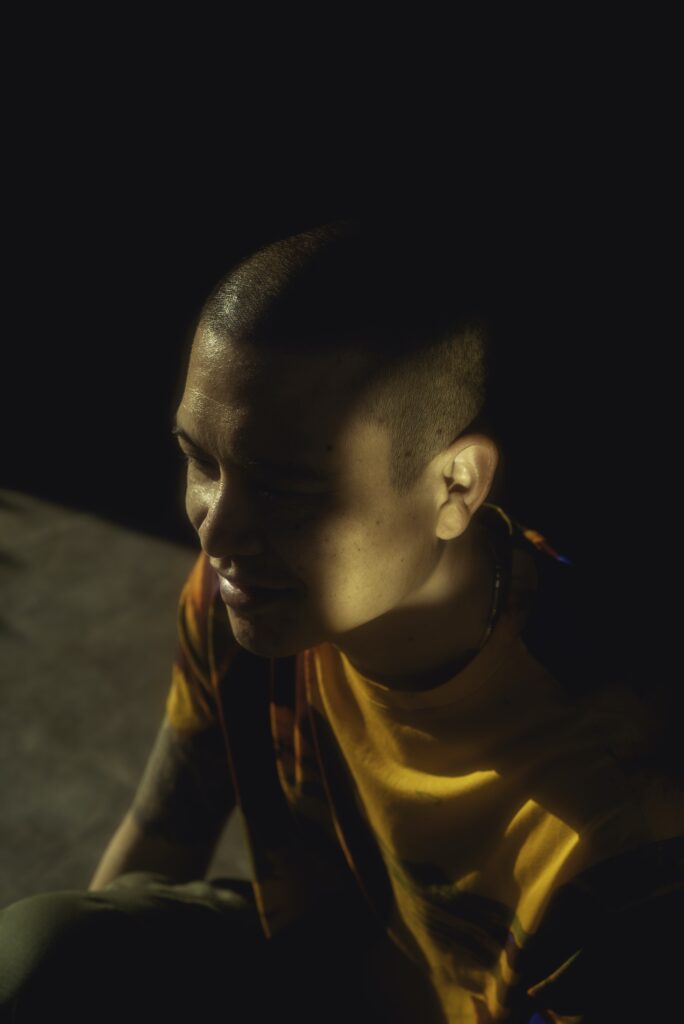
Jieh – 嘉義 六腳鄉 甘蔗田 (Chiayi Liujiao Township Sugarcane Field)
“The most impactful way Lim Giong has influenced me is with respect to one’s approach and perspective on life. I don’t know him personally, so I don’t have any intimate knowledge of him or his journey. What I do know at a broad level is his general arc. From humble folk beginnings and intentions. To pop stardom, and everything that came with celebrity. To reflection, reckoning, and a decision to leave that realm behind. A refocus on musical craft and family. Spirituality and purpose. Discernment. Honoring our parents, those who came before us. It’s about how we move and the choices we make. How we flow, how we vibrate in relation to our surroundings. That’s how the recording of the reeds in the sugarcane fields inspired my musical interpretation.”
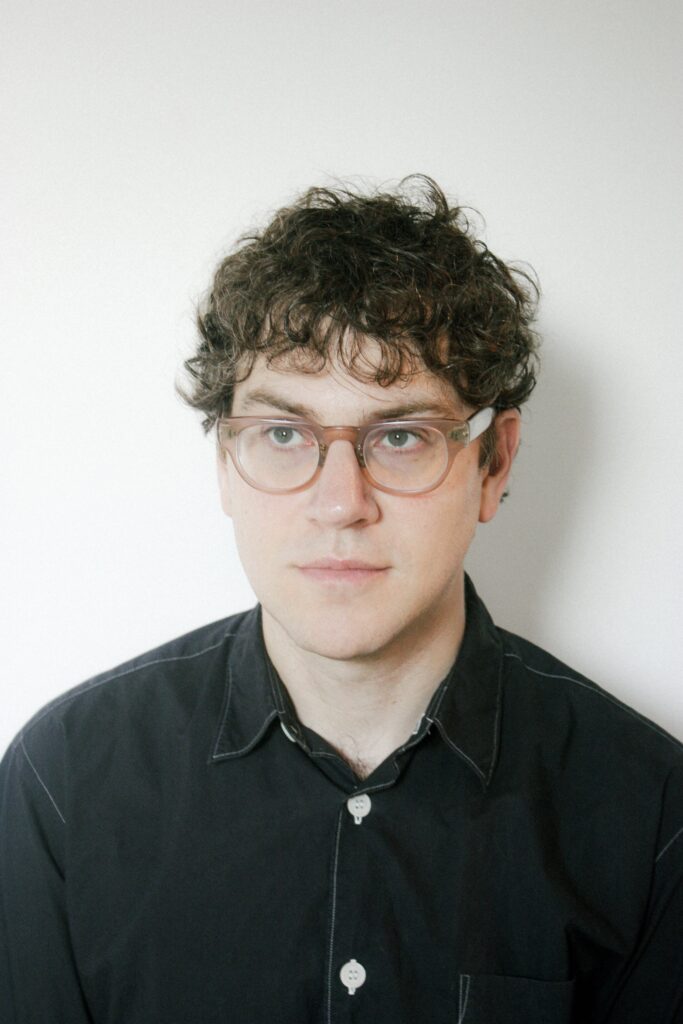
CFCF – 公廁裡的蟋蟀 (Crickets in Public Toilets)
“I first became aware of Lim Giong’s music in 2015 after my first viewing of Millennium Mambo. I played the now-iconic opening song “A Pure Person” on repeat constantly, on headphones walking through Montreal’s “underground city” network of Metro stations, malls and fluorescent-lit corridors. Though the sounds were composed to reflect Taipei’s unique character, they expressed something universal about contemporary urban life. I began to dive deeper into Lim’s music and film scores, particularly those for Hou Hsiao-hsien and Jia Zhangke, as well as the score for Do-Over (2006), and for a few years his music was the soundtrack to my life. I was thus honored when I was asked to contribute a piece to this collection, drawing from Lim’s field recordings across Taiwan. I chose a recording titled “公廁裡的蟋蟀 (Crickets in Public Toilets)” as it immediately evoked memories of my own childhood in Canada: a summer family camping trip, leaving our tents and walking at night with a flashlight to the public toilets and showers; the crickets, moths and other insects swarmed around its windows and fluorescent bulbs creating a cacophony of light, sound and movement amid the dark tranquility of the forest.”
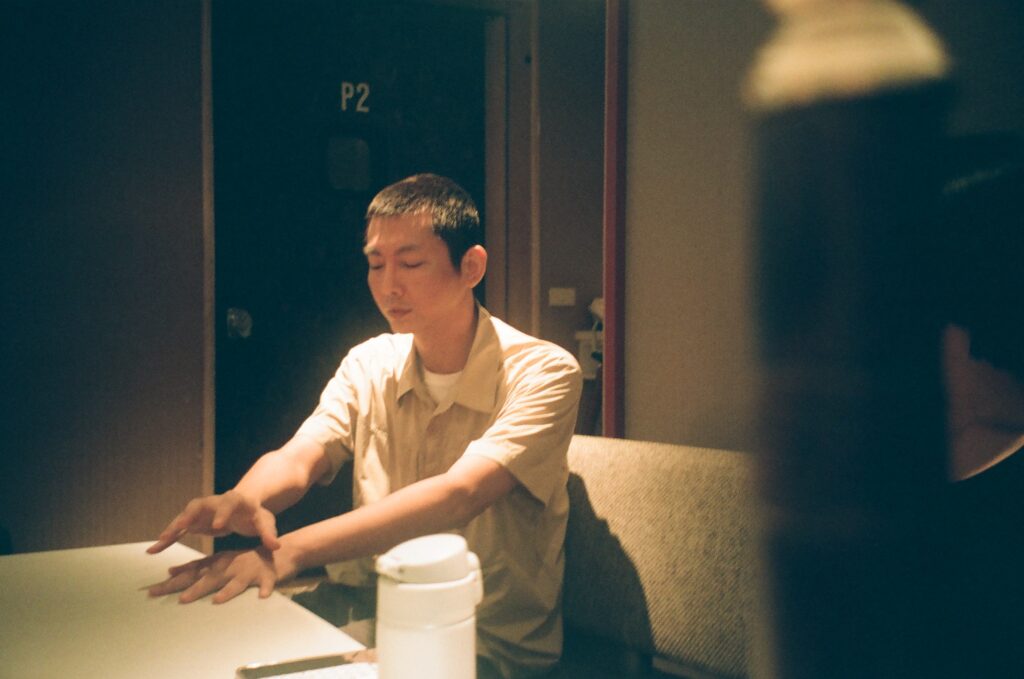
Point Hsu – 台南 漁光島 渡輪 (Tainan Yuguang Island Ferry)
…”When the boat reaches the bridge, it will straighten on its own. When the time is right, what is meant to be will be.” – Point Hsu
“船到橋頭自然直,時機成熟了,該發生就會發生”
These were among the last words the late DJ Point shared with Angie regarding Sounds of Taiwan. DJ Point was a guiding voice and mentor throughout this project.
Point Hsu said when making this track he was in too cynical a state of the world to make something too peaceful or happy. He wanted to capture a track that was both natural/light/full of hope, but perhaps still containing the grim realities of our life, covid, and global warming.
May he live on through the music. For the first year, all digital sales of SOUNDS OF TAIWAN will be donated to his family.




